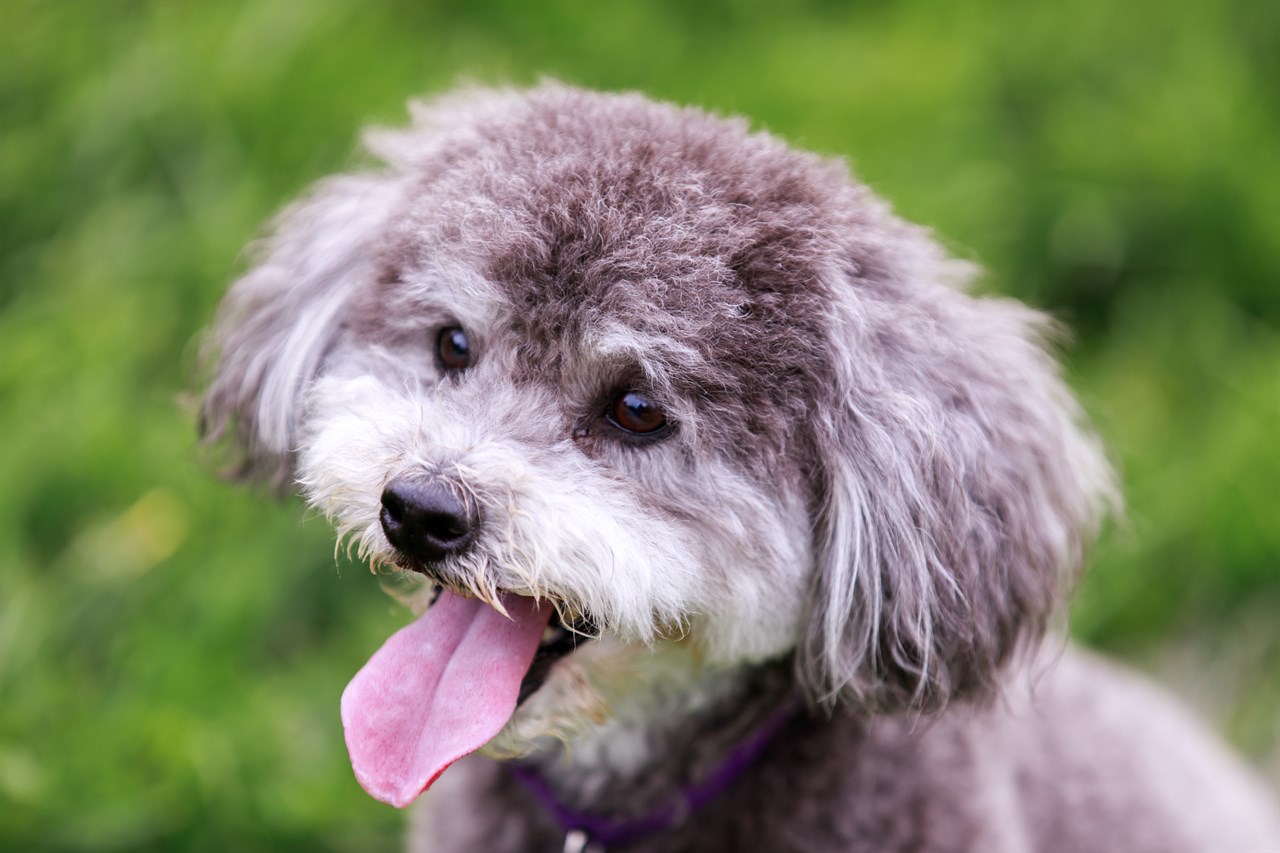Feeding Habits and Food Requirements of the Schnoodle: A Balanced Diet for a Healthy Companion

Feeding your Schnoodle the right diet is crucial for their overall health and well-being. Schnoodles, like all dogs, have specific feeding habits and dietary requirements that should be carefully considered. Here's a comprehensive guide to feeding your Schnoodle.
Age and Life Stage
Your Schnoodle's age and life stage play a significant role in determining their dietary needs. Puppies, adult dogs, and seniors have different nutritional requirements. Ensure you provide a well-balanced diet appropriate for your Schnoodle's age and activity level.
Commercial Dog Food
High-quality commercial dog food is a convenient and practical option for most Schnoodles. Look for dog food brands that list meat as the primary ingredient and avoid foods with excessive fillers or additives. Choose food formulated for small or medium-sized breeds.
Portion Control
Proper portion control is essential to prevent overfeeding or underfeeding your Schnoodle. Follow the feeding guidelines on the dog food packaging as a starting point. Monitor your dog's weight and adjust the portion size as needed to maintain a healthy body condition.
Meal Frequency
Schnoodle puppies typically require more frequent feeding than adults. They may need three to four meals per day. As your Schnoodle matures, you can transition to two meals a day. Be consistent with feeding times to establish a routine.
Fresh Water
Ensure your Schnoodle has access to clean, fresh water at all times. Proper hydration is essential for digestion and overall health.
Avoiding Table Scraps
While it may be tempting to share human food with your Schnoodle, it's generally best to avoid feeding them from the table. Human food can be high in calories and may not meet their nutritional needs. Some foods can also be toxic to dogs.
Treats and Snacks
Treats and snacks can be a part of your Schnoodle's diet but should be given in moderation. Opt for healthy dog treats and consider using them for training or as rewards.
Dietary Considerations
Schnoodles may have specific dietary considerations, such as food allergies or sensitivities. If you notice any adverse reactions to their food, consult with your veterinarian to identify potential dietary issues.
Weight Management
Maintaining a healthy weight is crucial for Schnoodles, as excess weight can lead to various health problems. Regularly monitor their weight and adjust their diet and exercise accordingly.
Homemade Dog Food
Some owners choose to prepare homemade dog food for their Schnoodles. If you opt for this route, consult with a veterinarian or canine nutritionist to ensure your homemade meals meet all of your dog's nutritional needs.
Conclusion
Feeding your Schnoodle a balanced and appropriate diet is vital for their health and longevity. By considering their age, life stage, and specific dietary requirements, you can provide them with the nutrition they need to thrive. Regular monitoring of their weight, portion control, and proper hydration are all important aspects of responsible pet ownership. If you have any questions or concerns about your Schnoodle's diet, consult with a veterinarian for guidance and recommendations tailored to your dog's individual needs.
Schnoodle puppies for sale
- Find Schnoodle puppies for sale in ACT
- Find Schnoodle puppies for sale in NSW
- Find Schnoodle puppies for sale in NT
- Find Schnoodle puppies for sale in QLD
- Find Schnoodle puppies for sale in SA
- Find Schnoodle puppies for sale in TAS
- Find Schnoodle puppies for sale in VIC
- Find Schnoodle puppies for sale in WA